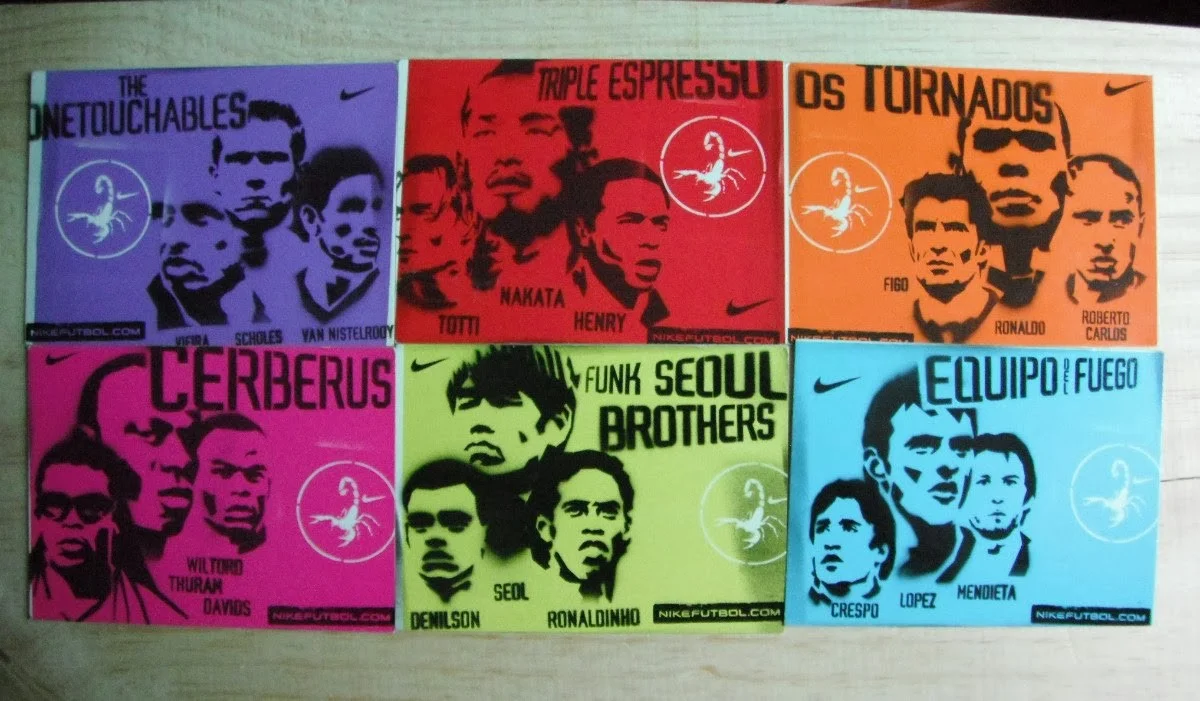We have a humble request of you, our dear reader.
Honestly, we never expected to get here, but nonetheless here we are. American Soccer Analysis has been a labor of love for years. We are staffed by people with day jobs and families who create and maintain the site in their spare time (or at their day jobs when the bosses aren’t looking). While soccer analytics has yet to reach the same levels of mainstream awareness that we’ve seen in other major sports, we’re starting to see it gain a lot of traction. People beyond our initial circle of friends are now starting to become interested in what we’re producing, and that’s a wonderful thing that we could only have dreamed about just a few years ago.
With growth comes the occasional growing pains, and that’s where we find ourselves today. The Interactive Table application is the centerpiece of our website and by far the most accessed and utilized thing we offer. For the first time since its inception we are nearing the limit on user hours under Shinyapps.io’s “Basic” plan ($440 annually). We would very much like to upgrade to the next tier in order to ensure that the table isn’t shut down at any point due to overuse, but unfortunately upgrading increases our costs to $1,100 per year (the “Standard” plan).
So guess what we’re going to do next:
We’re asking for money! Not a lot of money, really. This would be one of the least ambitious kickstarters or gofundmes out there. The internet tip jar has been shown to be a viable method for a lot of people in our situation, so we’re biting the bullet and throwing one out there. That brings us to the point where we have to use those five little words that you long to hear from all of your most favorite podcasters and content creators: please check out our Patreon.
Here’s the whole pitch. If you enjoy the site, podcast, use our data, or just happen to be extremely wealthy and looking for something to do with your extra money, we would greatly appreciate a couple of bucks a month. We don’t need a lot to keep the site running, but we do need a little help.
So then, it’s very possible you have some questions about all of this and what it means for ASA going forward. I will try and answer some ahead of time:
Why do you need money all of a sudden?
More people are using the site! A lot more! This is excellent news for our community, but it means that our operating costs are about to jump sharply, as mentioned above. And that doesn’t include the roughly $200 it costs to maintain the website on Squarespace.
So how much money are you asking for?
We would at the very least like to get to $1,000 per year in order to pay for the next tier of bandwidth usage and cover general website costs. That’s something like $83 per month. There’s a Patreon for some people that make animations using Minecraft that gets like $1,700 per month, surely we can do $83.
What if you get more money than you need?
We’ll buy the Colorado Rapids! Well, probably not, but having a little extra coin would give us the freedom to do new things. We’d like to make the interactive table a mobile app, we’d like to be able to have access to more data, pay for help to optimize the website, maybe do more podcasts - who knows? Also like two years ago at Sloan we ran up a $400 bar tab that Drew covered, and not one week goes by that he doesn’t remind us about that, so it would be good if we could finally pay him back.
What if you don’t get the money you need? Will the site stop?
We don’t think it will come to that, but the interactive table app may shut down at a certain point during the month if it’s accessed too much. We’d love to be able to keep paying out of pocket for this, but on a site that generates no income it’s just not feasible for us to keep doing so as the costs increase.
What will I get if I donate?
How does a sense of satisfaction from supporting something you use and appreciate sound? We’re still kicking around some ideas about some possible backer rewards, but we really don’t want to hold data or anything else back as exclusive. Certainly you’ll get a nice thank you and a mention somewhere on the site. If you have any ideas let us know. Hell, if there’s just something you want, ask and we may be able to do it.
How many goals would Josef Martinez have scored in 2017 if he hadn’t been injured?
If we say 50 will Atlanta fans each donate a dollar a month? Because if so, at least 50.
If I donate $100 a month will you fire Ian?
Definitely.
So that’s the pitch friends, we appreciate you taking the time to look this over and consider our request. We don’t want or expect to become rich as a result of all of this, we just want to keep providing the same level of access we’ve been able to thus far. If you can’t help at this time, that’s fine! Maybe someday down the road you can, but for right now, keep on using the site and the data. If you can throw a few dollars our way - it means more than you know. Here’s the link one more time.
XOXOXO,
Matty, Drew, Kevin, Ian, Harrison








